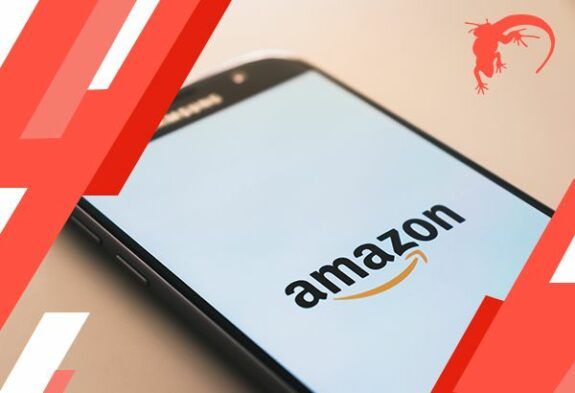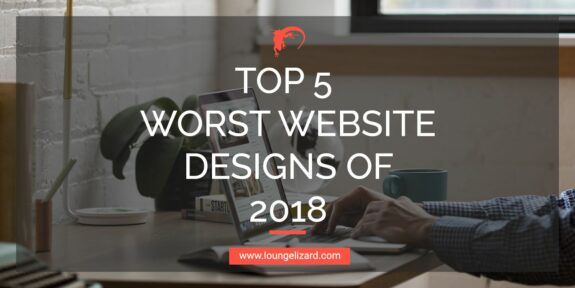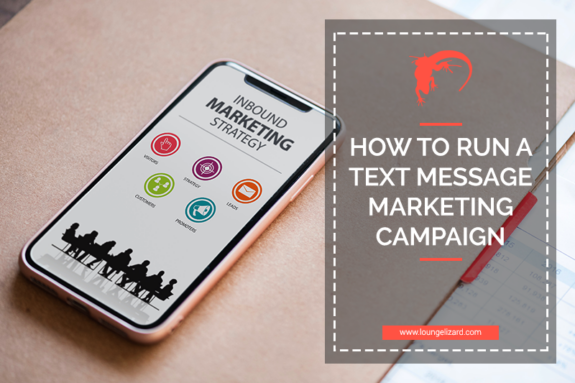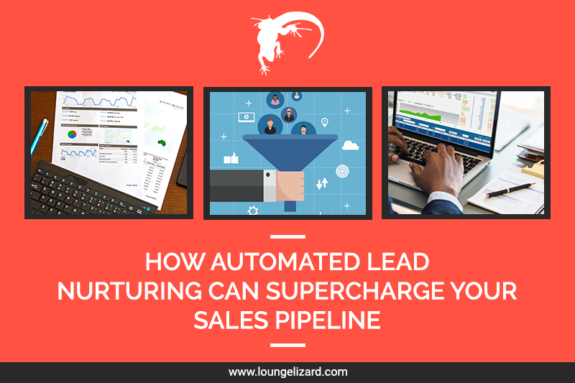Is SEO worth the Long-Term Investment?
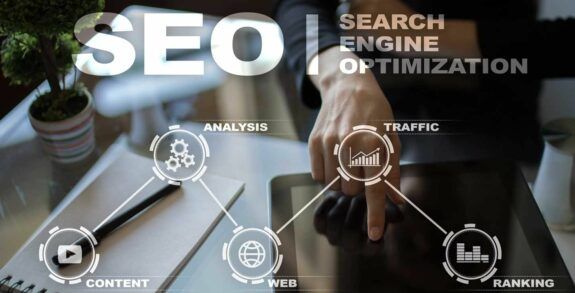
Is SEO worth the long-term investment? That question, along with subtle variations, has been asked constantly over the past half-decade as businesses consider the results compared to the time and money invested. As a top digital marketing firm, we can understand this perspective as SEO results can sometimes be difficult to quantify without adequate analytical review.
Today we wanted to jump into the discussion about the long-term value of SEO and why we feel it has become a necessity to staying competitive in today’s online environment. While not a magic pill or wish-granting genie, SEO can provide quite a lot of quantifiable value when approached with the proper perspective.
What can SEO do for you?
Gone are the days of guesswork, hopes, and dreams when it comes to SEO. While there is a certain degree of the unknown from dealing with Google and their secretiveness about exactly how their algorithm works, there is enough information available that SEO should be considered more along the lines of a science.
What is SEO? In a nutshell, SEO is an indirect factor that can create new revenue opportunities. Is it a strong indirect factor? When done correctly, then yes it most definitely is. However, it is not a guaranteed way to generate new revenue and that is why some people doubt its’ usefulness and the value in a long-term investment.
The goal of SEO is to drive organic traffic to your website. This is done in a combination of ways to rank a website higher in search engine results. Common aspects of core SEO are creating quality content with keywords, use of keywords on website pages, or using backlinks to generate traffic and increased authority. There are also technical aspects of SEO such as focusing on the speed of a website and the overall user experience as those are now ranking factors.
However, after SEO has met its’ goal the rest of the equation is up to your website, products, and services. The website needs to be able to handle the incoming traffic, provide customers with what they are looking for, and funnel them towards a conversion. If your website has a bad design, is missing calls-to-action, or your business has bad reviews then the amount of organic traffic generated simply doesn’t matter.
What is the difference between Organic and Paid traffic?
Organic traffic is generated via search engine optimization (SEO). Users are simply typing in search terms on a search engine and then they select a site from the results. Generally speaking, organic traffic also includes people following backlinks from other locations or following links from social media sites.
Paid traffic, on the other hand, are ads which are purchased than then drive traffic to your site. There are two primary differences between traffic types:
- Speed – Paid traffic is obtained much quicker. You buy ads and they are instantly out in front of potential customers. SEO, on the other hand, takes a while to deliver the best possible results because you have to build up to the top rankings.
- Quality – As people trust ads less and less, SEO tends to direct a higher-quality visitor to your site. By this we mean they are going to be more receptive to your products or services. The organic visitor was looking for something and not only typed in a search string but then looked at the headlines and snippets in the results before selecting a site. Often paid ads will be bypassed for the top organic results because they are deemed more trustworthy. That trust then follows a customer to your site where your website earned its placement and didn’t have to purchase it.
The other big difference between organic and paid traffic is the cost. SEO is typically much more cost effective compared to buying ads and paying-per-click (PPC). SEO isn’t free, but while there is an upfront investment associated with SEO, it should be looked at the same as building a new store or launching a new product line. You are investing in an asset (your website) by developing content and the site which is something that will last as long as your business is online.
That investment can be directly related to results by comparing ongoing costs to the number of searches, click-thru-rate, conversions, and revenue.
The bottom line
The bottom line is that if you have the room in your marketing budget, then SEO is worth the long-term investment and it is one that should start sooner rather than later. Time is an important concept with SEO. Aside from the time spent setting it up, the more time your SEO is working for you then the greater its results will be. While PPC traffic is a quick way to boost sales, for long-term success SEO has proven to be a fantastic method for creating revenue opportunities.
Be sure to check back every week for great new Lounge Lizard blog articles.
